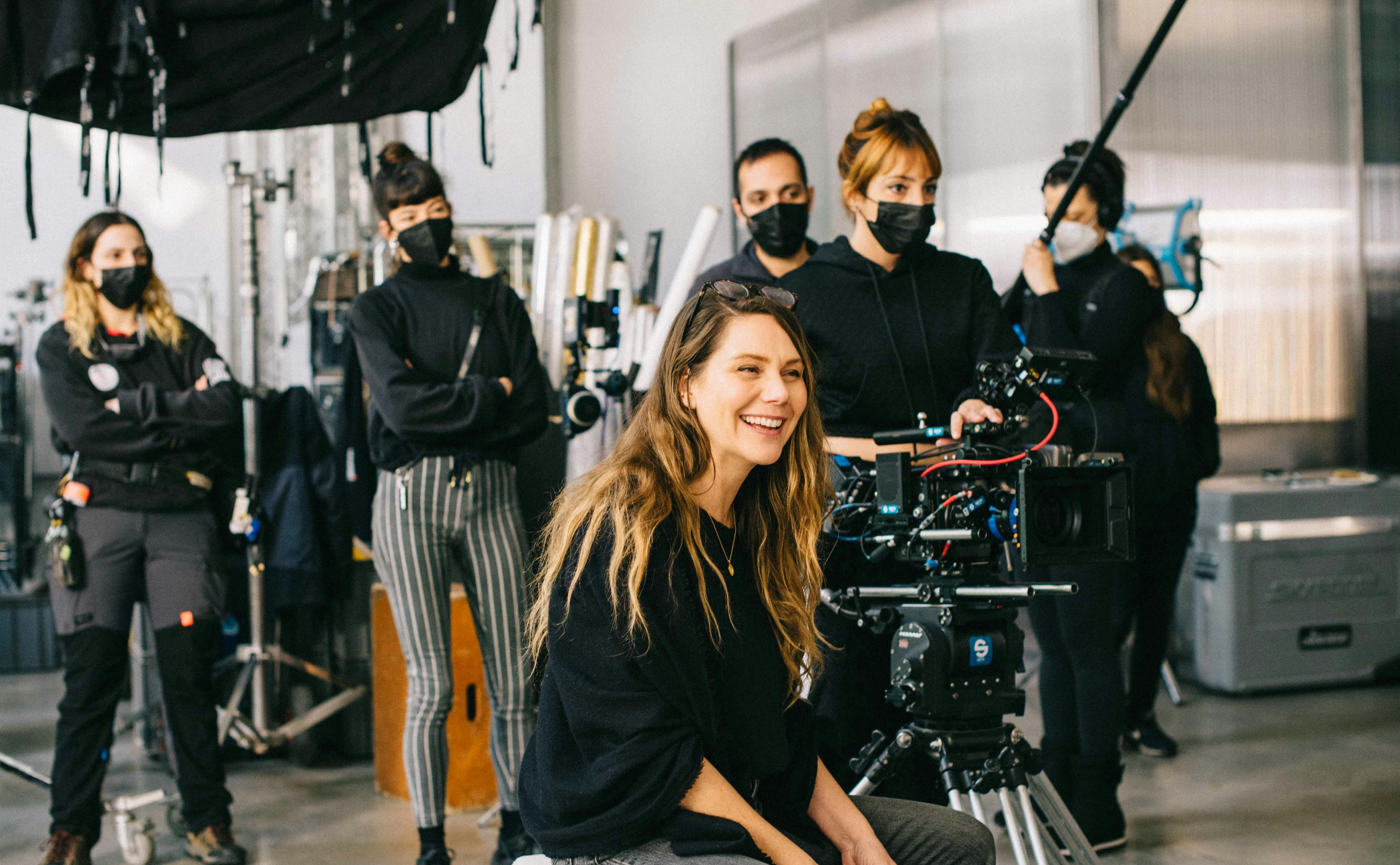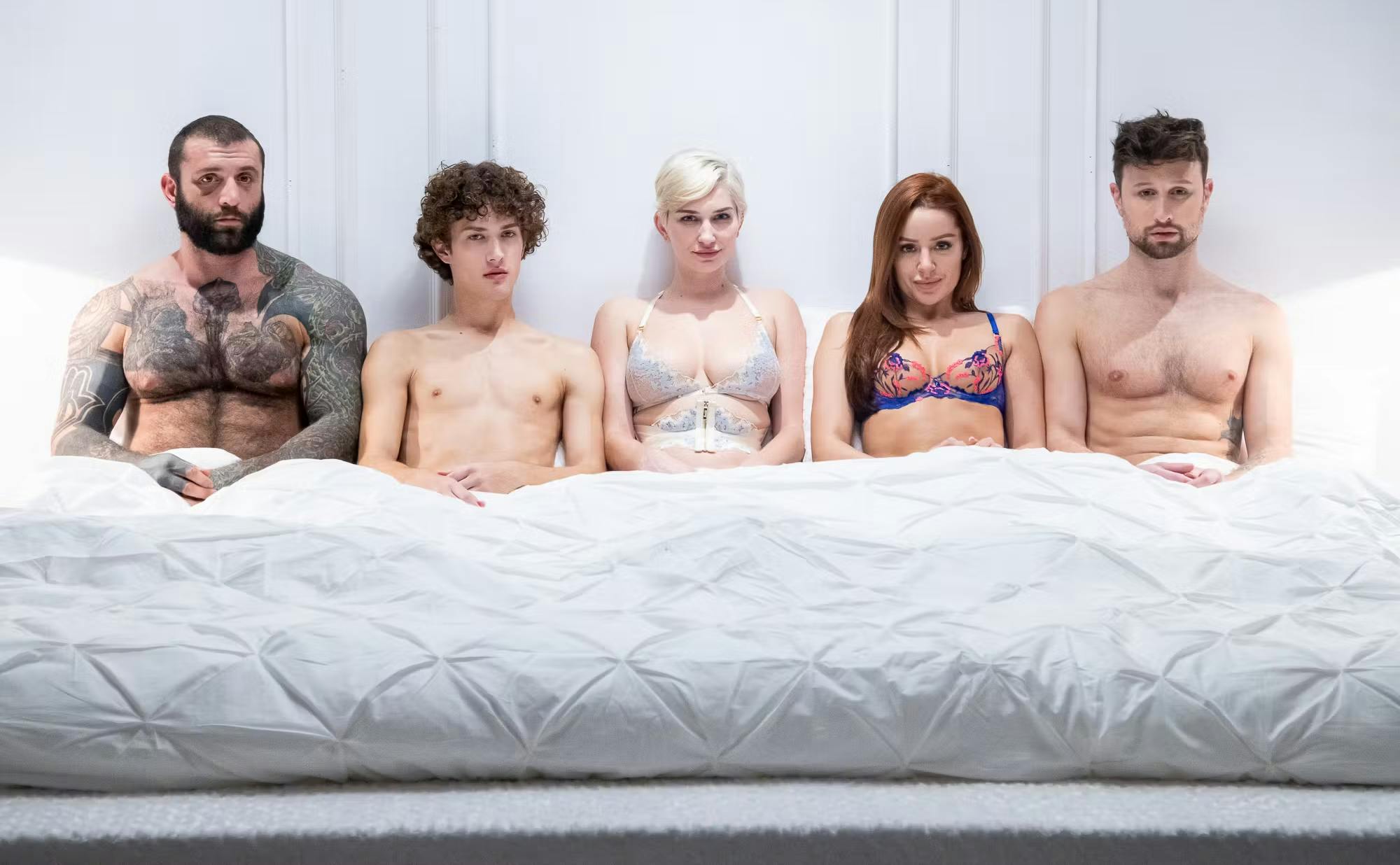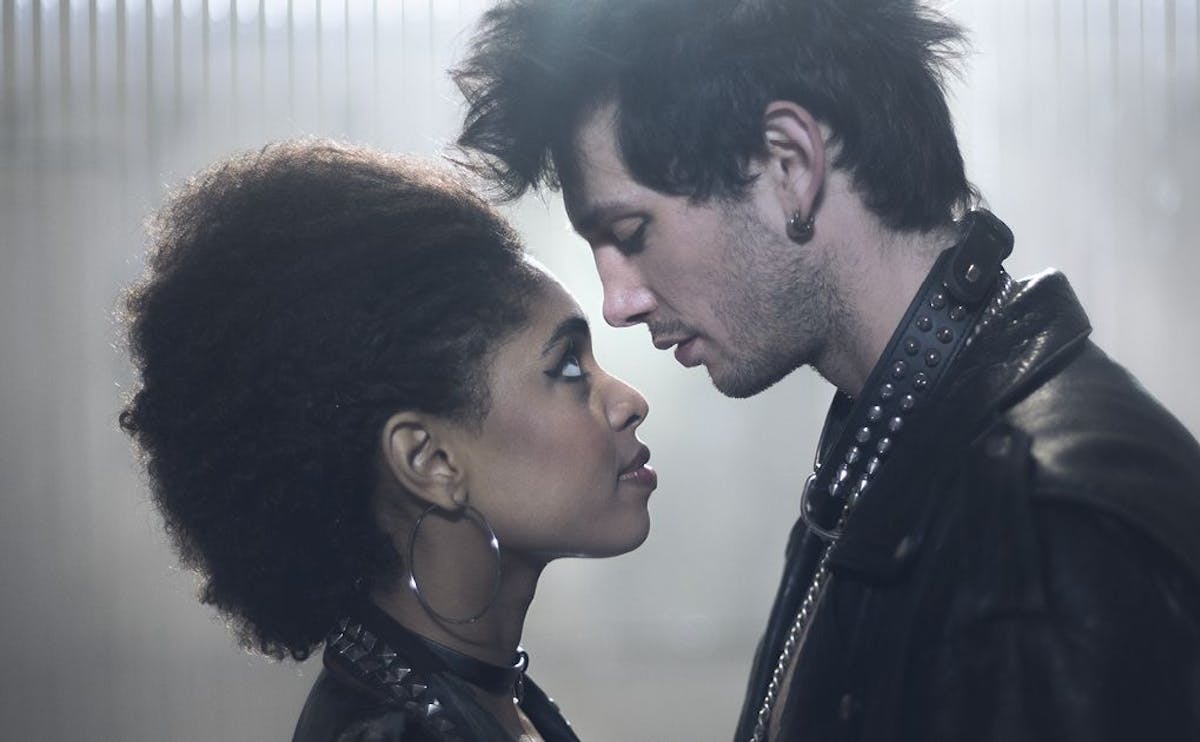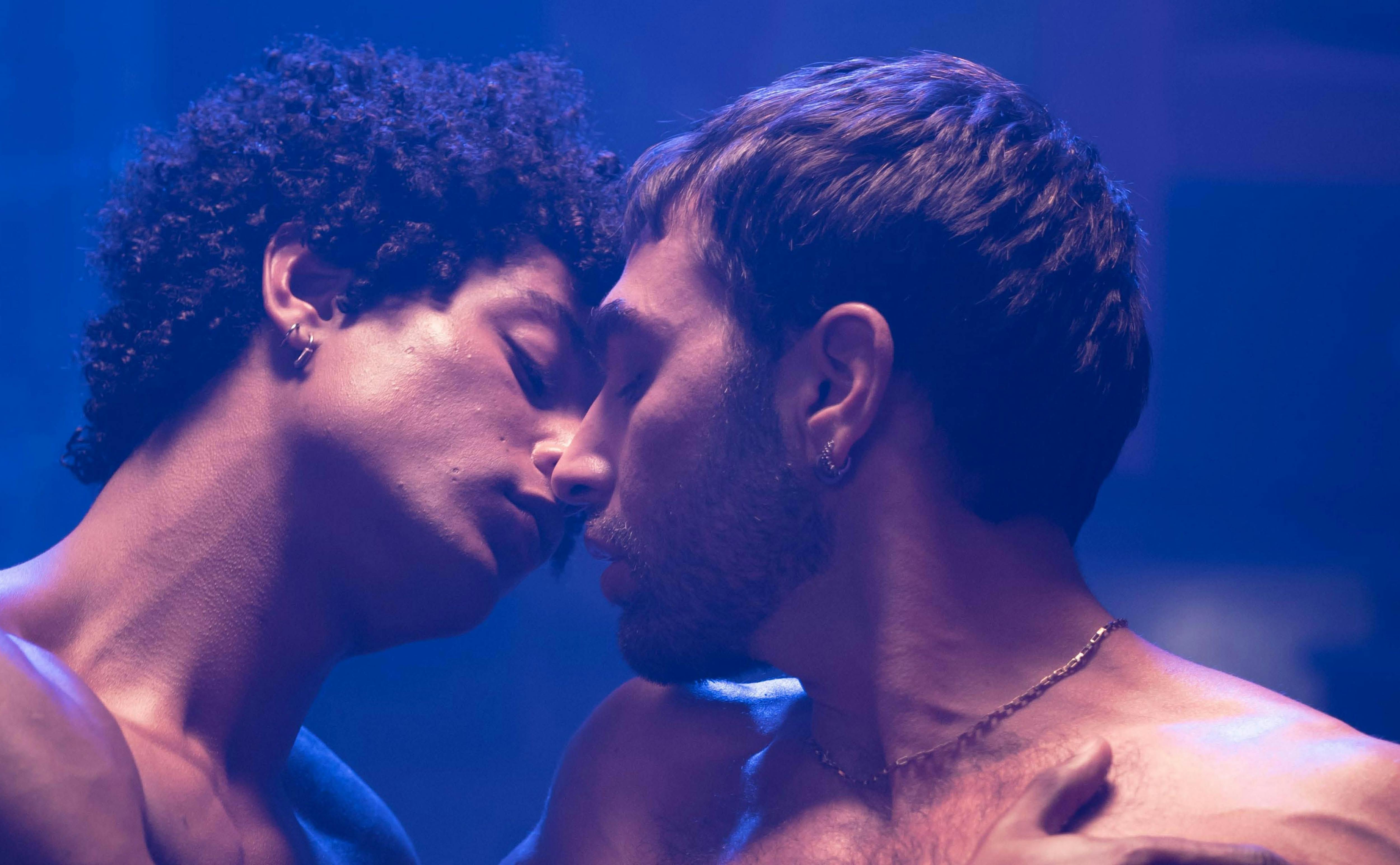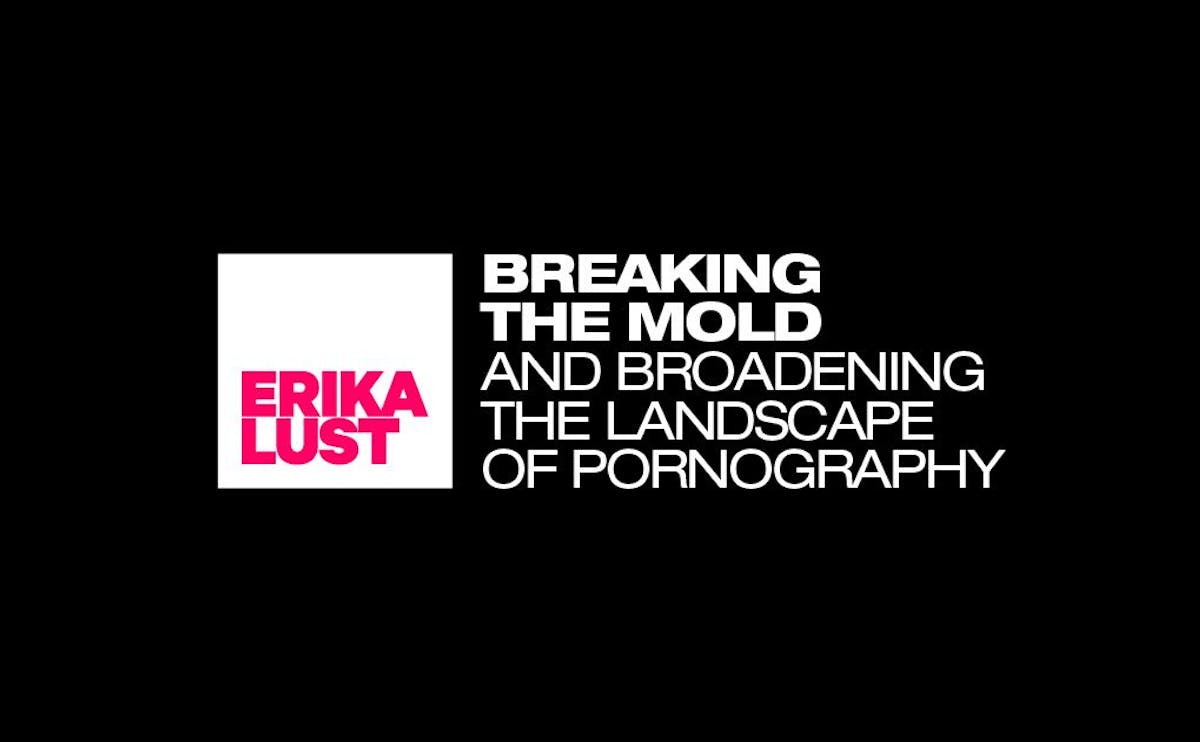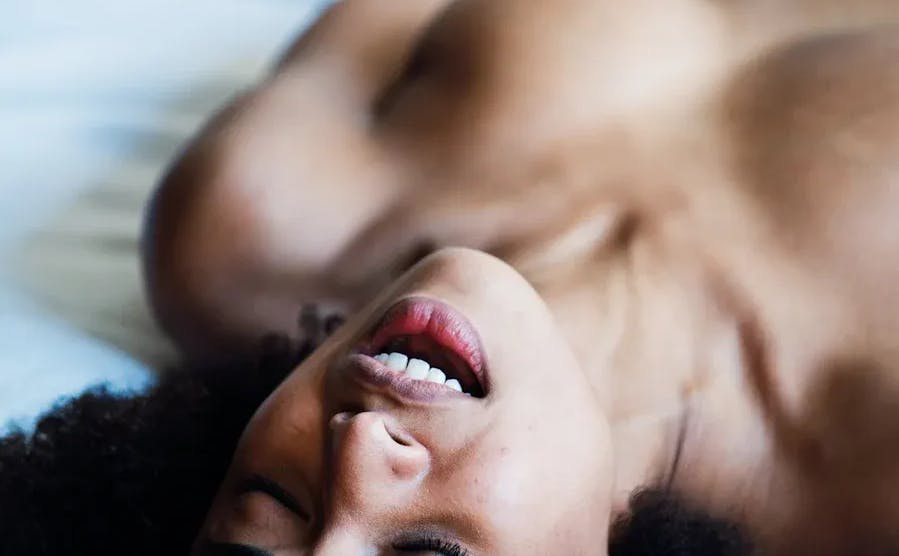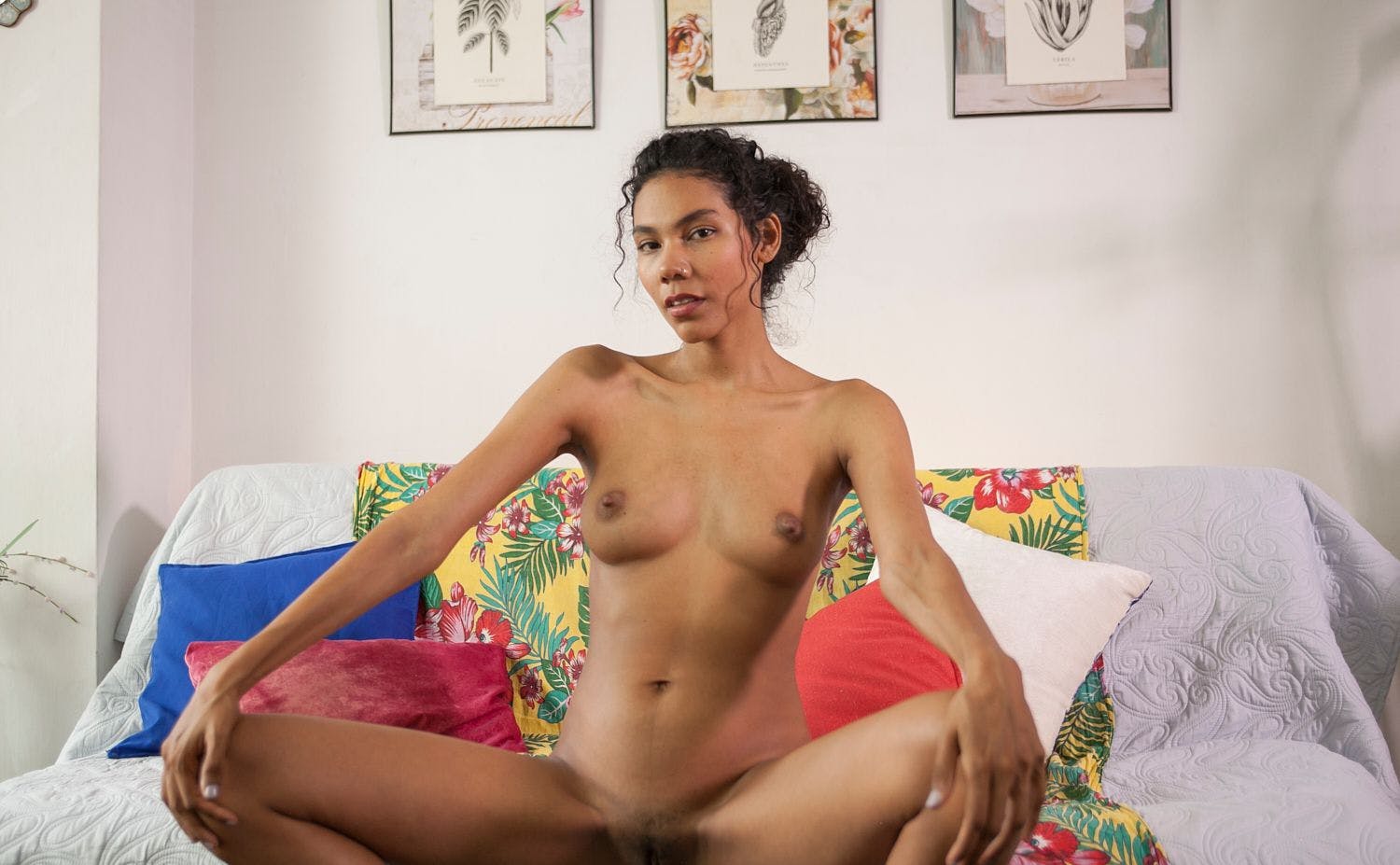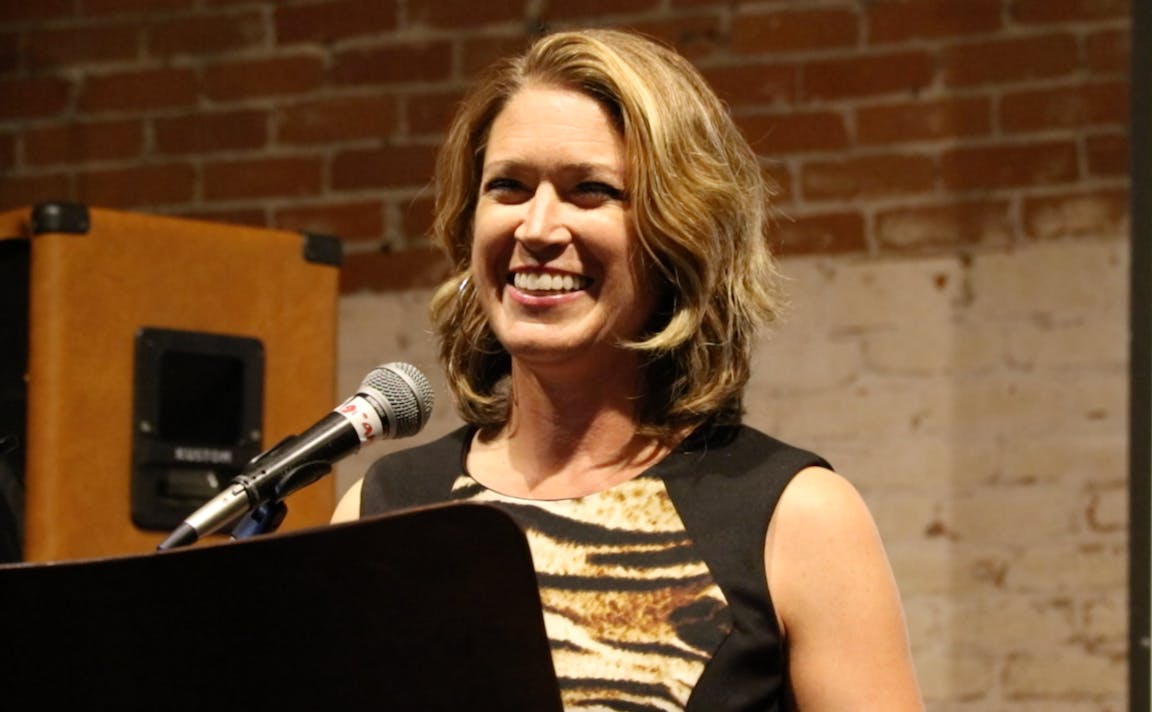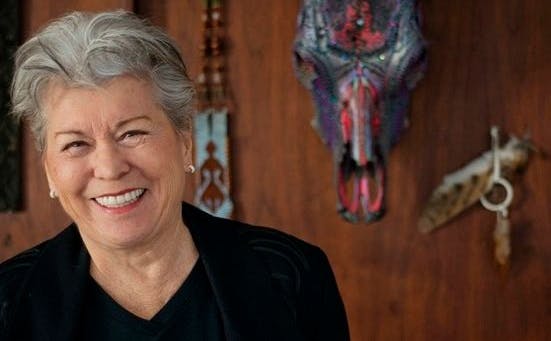

It’s Not Revenge Porn, It’s Image Based Sexual Abuse
It’s Not Revenge Porn, It’s Image Based Sexual Abuse
Lustery, Refuge, Anna Nackt & other organisations campaigning for change
Lustery, Refuge, Anna Nackt & other organisations campaigning for change
You’ve probably heard of “revenge porn” right? Well, Lustery have started a new campaign to start calling it what it is; image-based sexual abuse.
Why, you ask? Our language matters when it comes to discussing this issue and calling it "revenge porn" is not only misleading and inaccurate, it’s sexist & victim-blaming. It’s not revenge, the victim hasn’t done anything to deserve this, and it’s certainly not porn.
Image-based sexual abuse refers to the online posting of sexually explicit visual material, without the consent of the person portrayed. Typically, this means photographs and video clips that have either been taken consensually and shared via sexting or taken secretly by a partner or someone else. Anyone can be affected by image-based sexual abuse, but the perpetrator is often an ex-partner or person known to the victim.
These images often end up on free tube sites such as Pornhub, who allow the abuse to continue, unlike those creating ethical pornography or porn for women. The victims are the ones who have to find their stolen content and ask the platforms to remove it. At best, the platform will delete the content once and do nothing to prevent it from being uploaded. At worst, they’re impossible to contact and the content stays online for all to see. Pornhub and other free tube porn sites then go on to make money from this sexual abuse.
The pandemic and subsequent lockdowns have seen image-based sexual violence spike, with the UK image sexual abuse hotline seeing cases rise by 22% in 2020. Just last month saw “mega files” of tens of thousands of explicit photos and videos of Irish women that were shared on public forums without their consent, in a country where image based sexual abuse is still not illegal.
We need informative & widespread campaigns on the issue to educate, warn and change laws. Luckily, these people & organisations are doing the work to help make a change, help them spread the word.
Lustery - #NoSuchThingAsRevengePorn
Lustery have started the #NoSuchThingAsRevengePorn hashtag & a campaign to change the narrative to stop calling it ‘Revenge Porn' and start calling it what it really is: Imaged-based Sexual Abuse. In their latest campaign video they have depicted what online sexual abuse can feel like by betraying the intimacy between the viewer and partners.
Read more about the campaign in their article and why we must stop calling it "revenge porn", follow it on their Instagram and watch the campaign video.
Make Image Based Sexual Abuse Illegal in Ireland
Image based sexual abuse is still not a crime in Ireland but after tens of thousands of images of Irish women and some minors were recently shared online without consent people are now calling for urgent action. Sign the petition here to ask the Irish government for the Harassment, Harmful Communications and Related Offences Bill be signed into Irish law including that those guilty be added to the sex offenders register and face a criminal conviction which could see those convicted jailed for up to 7 years.
Anna Nackt - #NotYourPorn
Anna started the #NotYourPorn petition to demand prosecution for porn platforms such as Pornhub who ignore image based sexual abuse on their sites and diminish responsibility.
Cyber Civil Rights Initiative - End Revenge Porn
CCRI’s first campaign, End Revenge Porn, provides support and advocacy to victims of nonconsensual pornography, commonly referred to as “revenge porn.” It began in August 2012 as a website collecting signatures in favour of criminalising image based sexual abuse and grew into a project that addressed this issue on four fronts: Victim Services, Public Education and Research, Tech Outreach and Consulting, and Legislative Support and Legal Research.
Refuge - The Naked Threat
England and Wales introduced a law in 2015 that made image based sexual abuse an offence with a maximum sentence of two years in prison. However the existing laws aren’t yet fit for purpose; they still do not make it illegal to threaten someone to make images public and victims do not receive anonymity as they do in other cases of sexual abuse and rape.
Anti-domestic abuse charity Refuge started "The Naked Threat" campaign to urge the government to make threatening to share explicit images of others an illegal offence. The video uses real life testimony from domestic abuse survivor Natasha Saunders.
Take action here by calling on the Government to amend Section 33 of the Criminal Justice and Courts Act 2015 to explicitly outlaw threats to share sexual images or films in England and Wales. Read their full report here.
If you're a victim of image based sexual assault contact victim support.

GET A FREE MOVIE


